The "Life Skills in School I and II" Initiative
"No one should be a teacher without therapy for at least one year, whether individual or in a group, included in his/her education"
Matthew Yosafat,Psychiatrist, Psychoanalyst, Group Therapist
The team responsible for the innovative action: Matthew Yosafat, Dr. Pantelis Papadopoulos, Dr. Vasiliki Brinia
Mr. Matthew Yosafat is the founder of the workshop “Life Skills in School I and II»
where with his speeches in the academic years 2011-2012 and 2012-2013 he gave the first stimuli for the laboratory to the students of the Program.
Linking the Initiative with the strategy and the needs of AUEB
AUEB is one of the country's top Universities, which has a vision of being recognized internationally as a center of excellence. This goal means modern curriculum, more effective pedagogical teaching methods, and an emphasis on linking theory to practice.
The vision of the Program is in line with the strategic plan of the AUEB in 2016-2021, which is excellence, extroversion and innovation in the education of prospective educators and future executives of education with values, emotional intelligence and leadership skills. The goal is to bring administrative and educational innovation in the wider international environment.
In designing and implementing the Action, one of the main objectives of the Program is fulfilled which is the necessary emotional maturation of the prospective teacher.
Vision of the Initiative
The vision of the Initiative is linked to the words of 1993 Peace Nobelist, Nelson Mandela, that "education is the most powerful weapon we can use to change the world.".
A radical change in our education system could gradually bring us closer the vision. An important start could be life skills classes at school, which have been proposed for years by the founder of the Hellenic Society for Analytical Group and Family Psychotherapy, psychiatrist Matthew Yosafat, and also by members of the Society.
Aims of the Initiative
The function of the group itself has power. In a group the person discovers that they are not unique in their feelings, thoughts and difficulties. Sociological research has shown that the personality of a person is to a large extent shaped socially. This, initially, takes place within the family microcosm, where parents act as the bearers of a particular social culture. A small group is a similar environment. The team members feel that care and interest are developing among them and that everyone is important to others and the team, which contributes to increasing self-esteem.
Scientific Foundations of the Initiative
"Group psychotherapy is a form of psychotherapy based on the processes and results that occur when the same small group of people regularly meet in a designated place for a long time with a trained therapist and with the aim of improving neurotic symptoms and changing personality in some areas."(M. Yosafat).
The theoretical background of group psychotherapy is psychoanalytic. Most group therapists were psychoanalysts that were significantly influenced by other theories such as Field Theory by Kurt Lewin and Von Bertanlaffy General Systems Theory. The main theoretical views of Group Dynamic Model are represented by Bion, Foulkes, Ezriel and Whitaker-Lieberman.
Approach - Means
A holistic, multi-level, experiential and group-centered approach is being pursued, which focuses on the participation of trainees in "experience groups" in three 2-hour meetings for each semester. Emphasis is also placed on the active participation of students with comments, questions, personal experiences, etc.
Partnerships for Action
Hellenic Society of Analytical Group and Family Psychotherapy

Learning results
Action has an important influence on the emotional maturation of students-future teachers that is revealed by both teachers and student testimonies.
Scientific conferences - speeches
-
TEDxAthens 2012 Talks — Dr. Matthew Josaphat
Matthew Yosafat, in this special speech at TEDxAthens 2012, called on us to see the crisis as an opportunity to change all that is blocking us and bringing us back as a society. Only when you give something back to the society in which you live and grow,you can feel satisfied and happy. We need to learn to live with each other as a team and not as a unit. To learn to function within the whole, to tolerate, to express and share… He also talks about the need to introduce life lessons in schools, that the Curriculum in the Sciences of Education and Training of the Athens University of Economics and Business was the first in Greece to introduce in teacher education from 2012 and 2013 with the speech of Matthew Josaphat to students of the Program.
You can read entry on TEDxAthens' blog and watch the full speech of Mr. Yosafat below:
Scientific articles
Scientific article on "Life Lessons as an Experiential Laboratory in Teacher Education: An Empirical Approach" which, after being judged by two critics, was approved for publication in the educational scientific journal "Educational Circle" Volume 8, Issue 2 (2020).
This article essentially validates the successful application of trained teachers through the experiential workshop "Life Lessons in School I & amp; II" in the Curriculum of the Athens University and Business Teacher Education Program that "Life Lessons" in teacher education can help teachers mature emotionally and cultivate life skills by educating teachers to be more effective in teaching their contribution thus in the emotional maturation of their students.The aim of our research effort is to demonstrate the importance of the results and to introduce "Life Lessons" to the innovative actions of the curriculum of primary and secondary schools from the new school year.
- Brinia, V., Papadopoulos, P., Loudarou, A., Dazeas, A., Nikolopoulou, M., Papageorgiou, D., Yosafat, M. (2020). Life lessons as an experiential workshop in teacher education: An empirical approach. scientific journal "Educational Circle" Volume 8, Issue 2 , ISSN: 2241-4576
A similar article for the international academic community was published in the Australian International Journal of Education and Teaching Methodology, which was approved for publication by two reviewers.
Scientific responsible of the initiave: Dr Vasiliki Brinia
References:
Yosafat, M.(2010). Growing up in the Greek family, Publications ARMOS
Official site of the Hellenic Society for Analytical Group and Family Psychotherapy



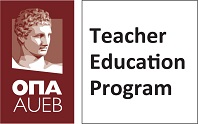
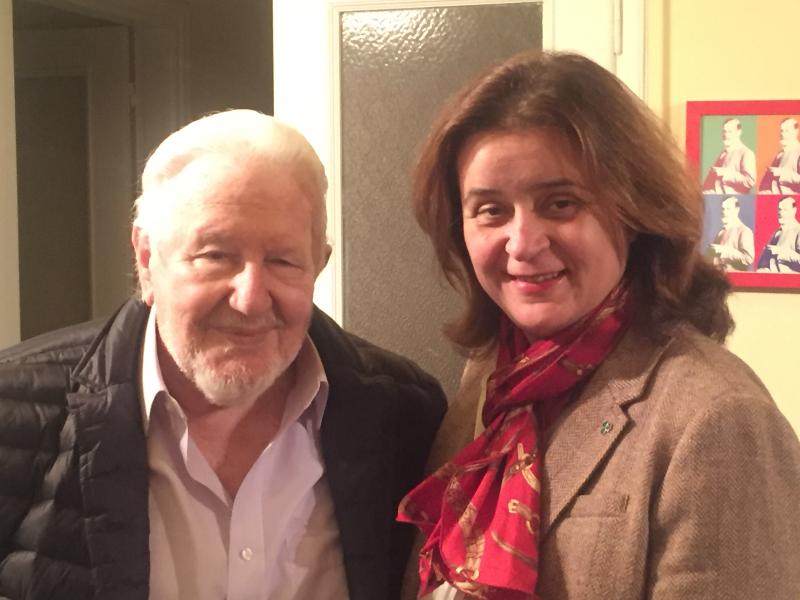
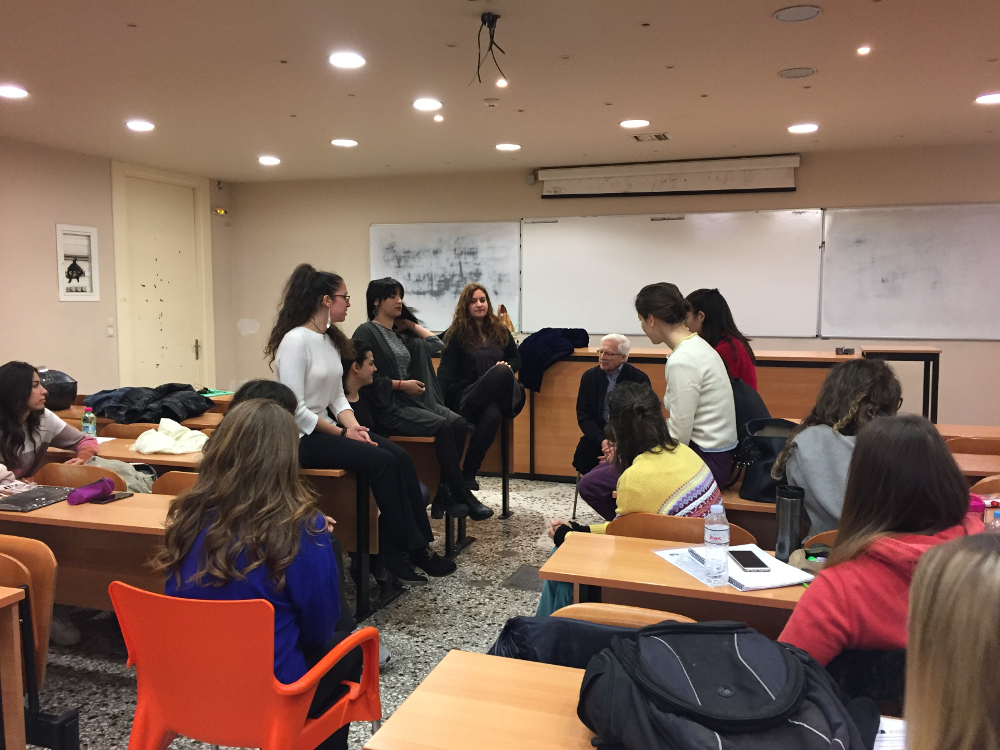
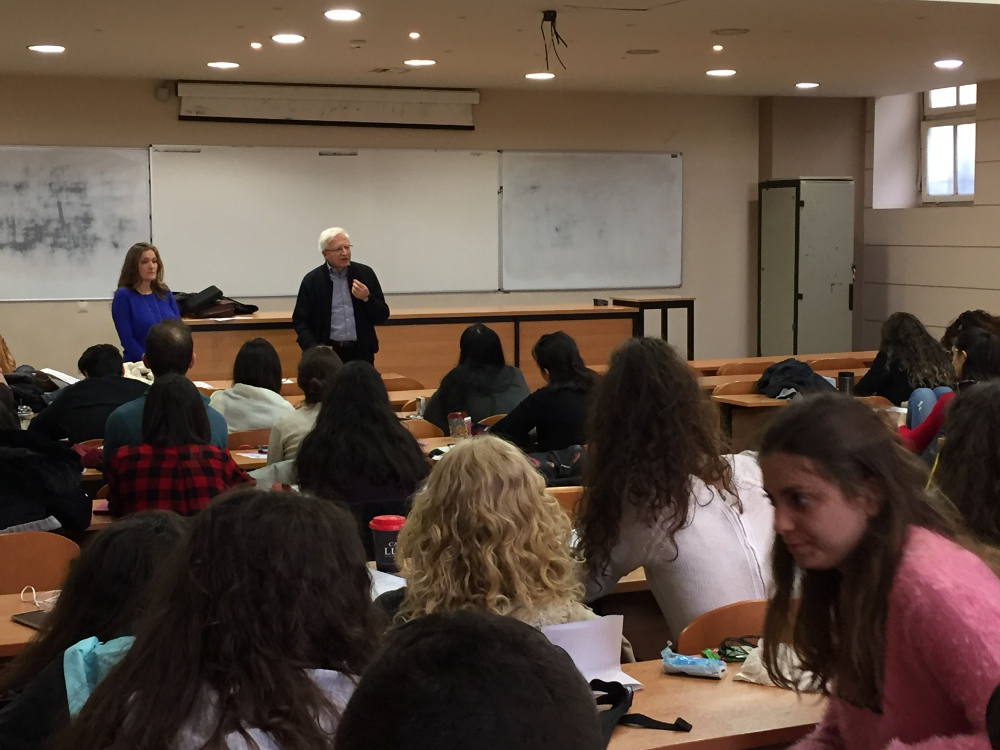
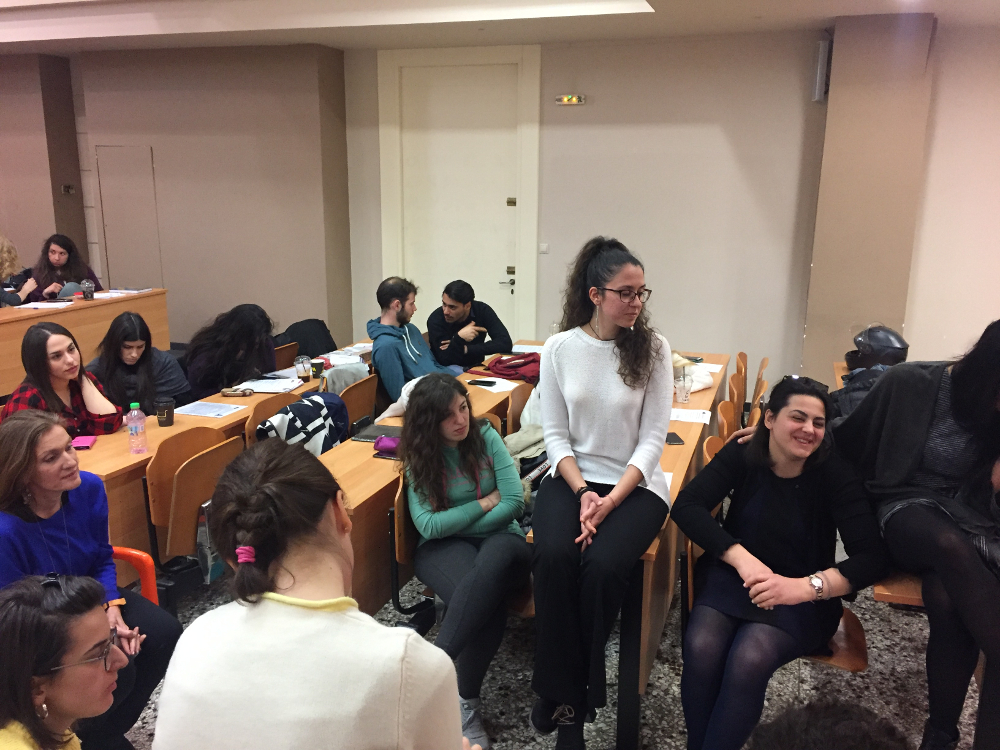
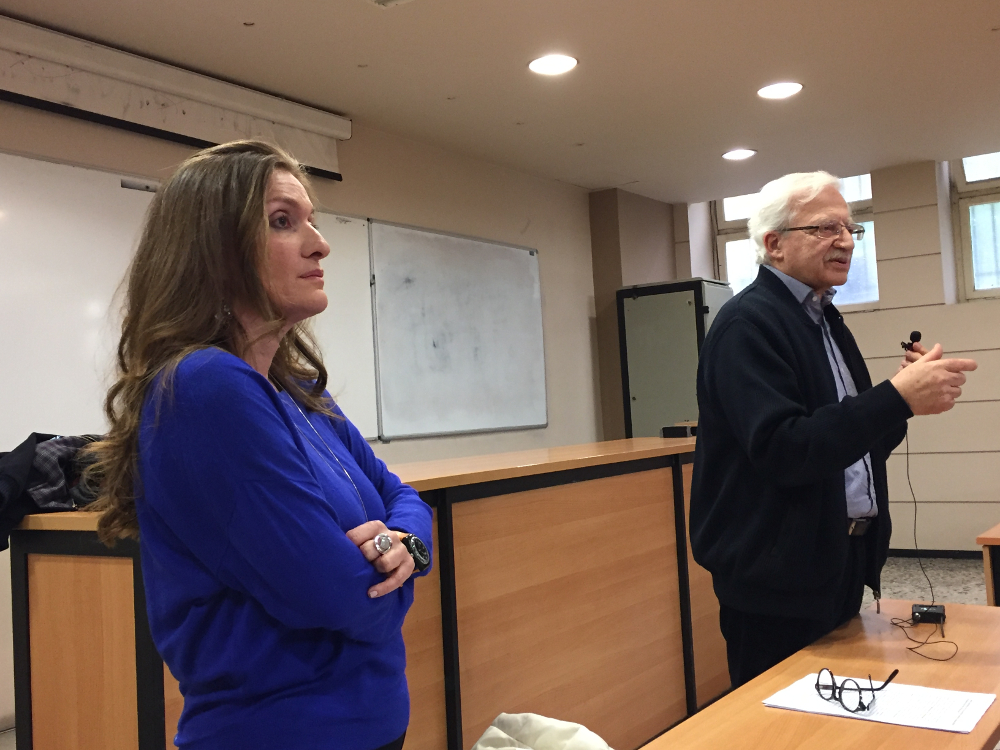
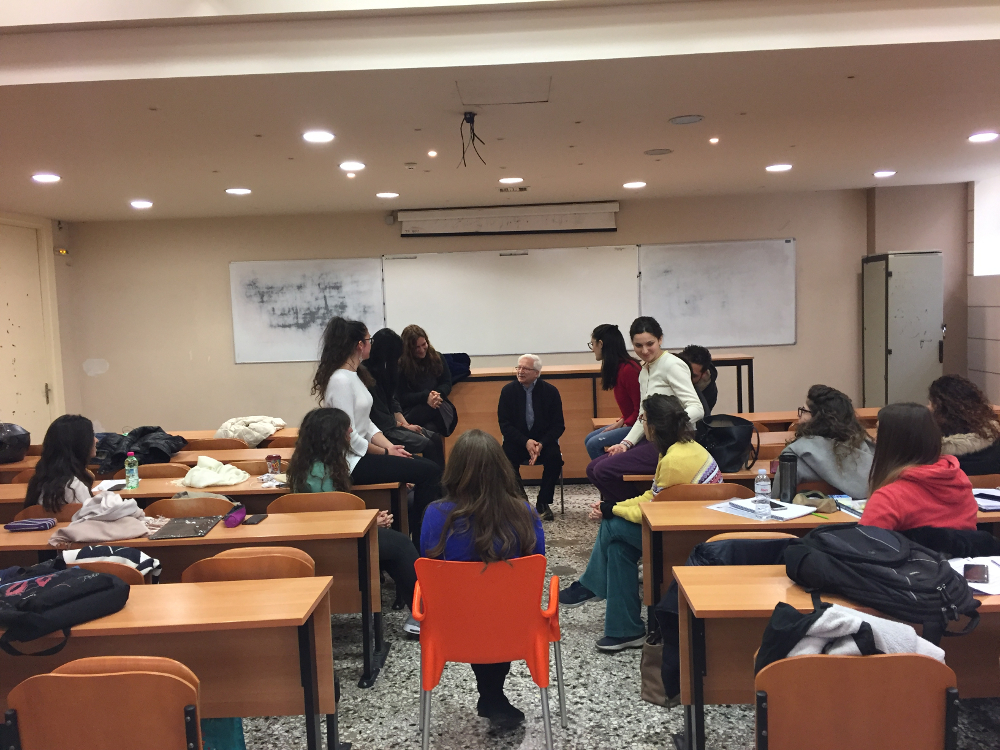
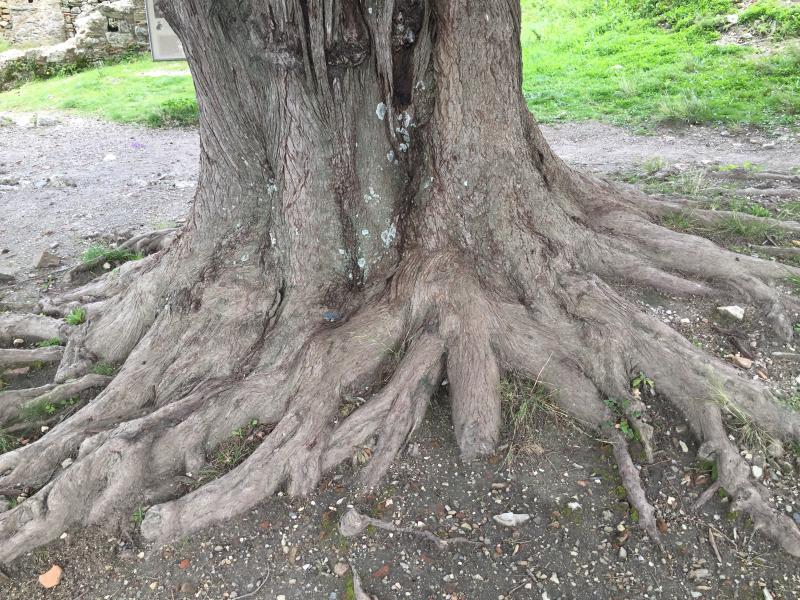
 76 Patission Str.
76 Patission Str.
